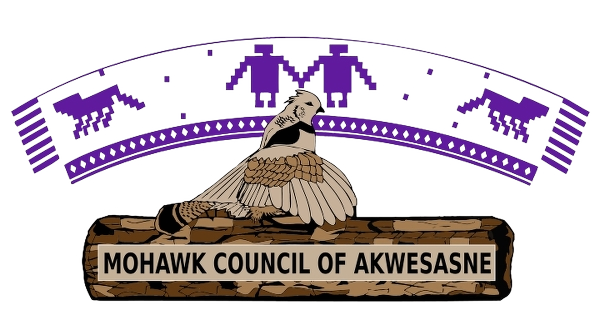Member Login
Need to register?
If you have not yet registered as a member on our Portal, please complete the portal application form.
Contact Us
Akwesasne — Land Where the Partridge Drums
Email: info@akwesasne.ca
Phone 613-575-2250
Fax: 613-575-2181
Address:
PO Box 90
Akwesasne, Quebec, H0M 1A0
101 Tewesateni Road
Akwesasne, Ontario, K6H 0G5
